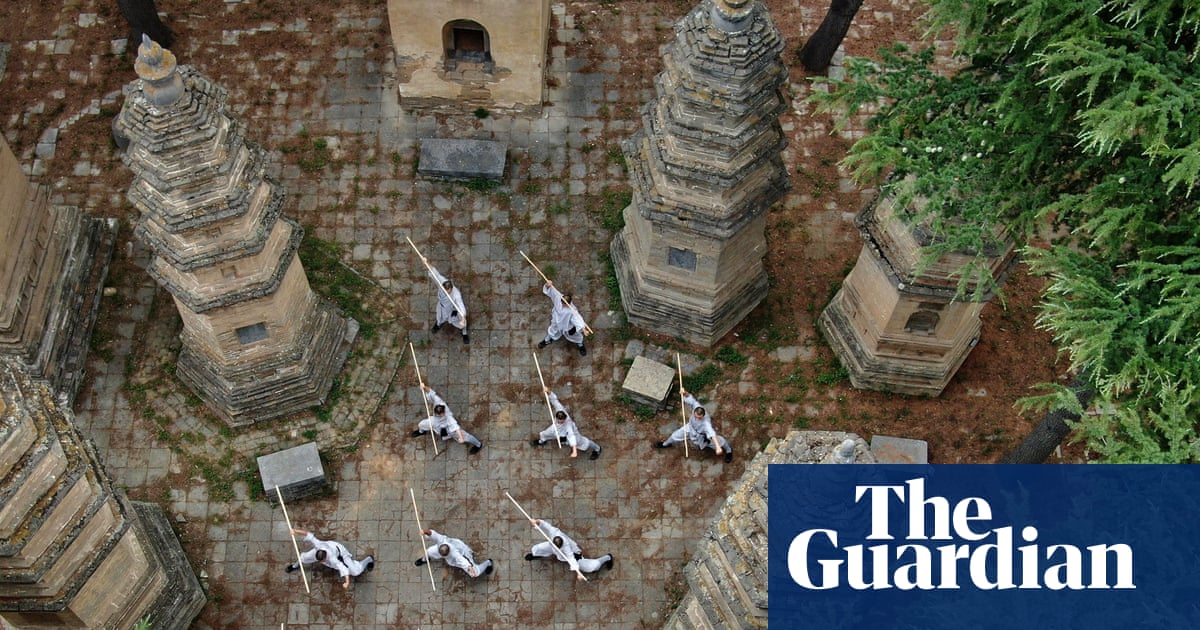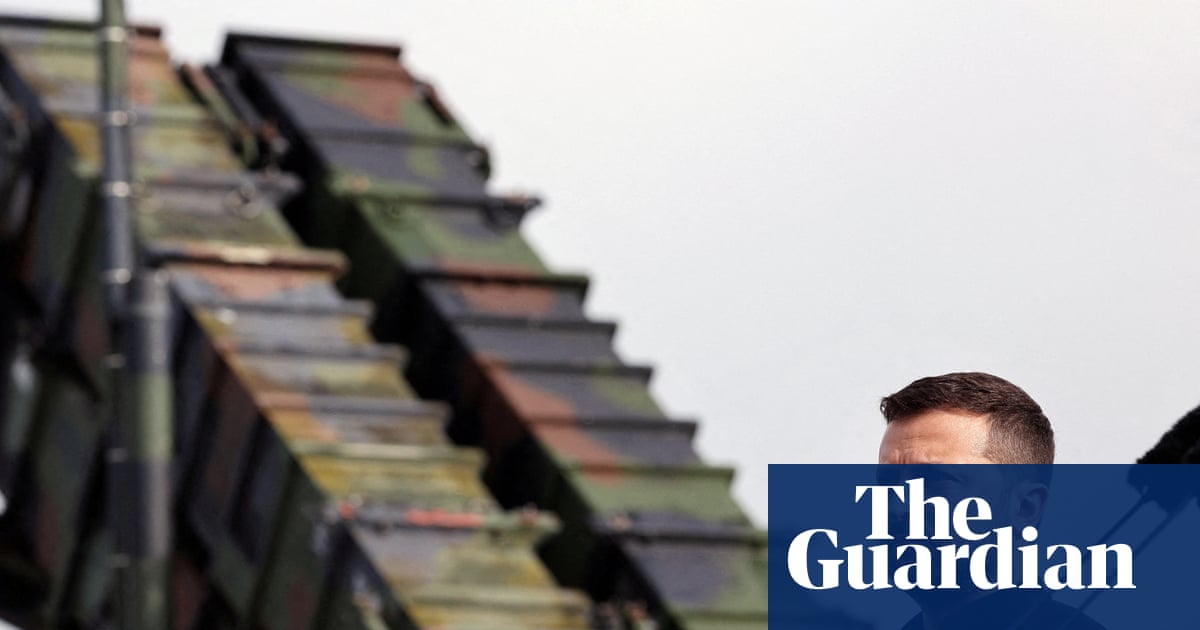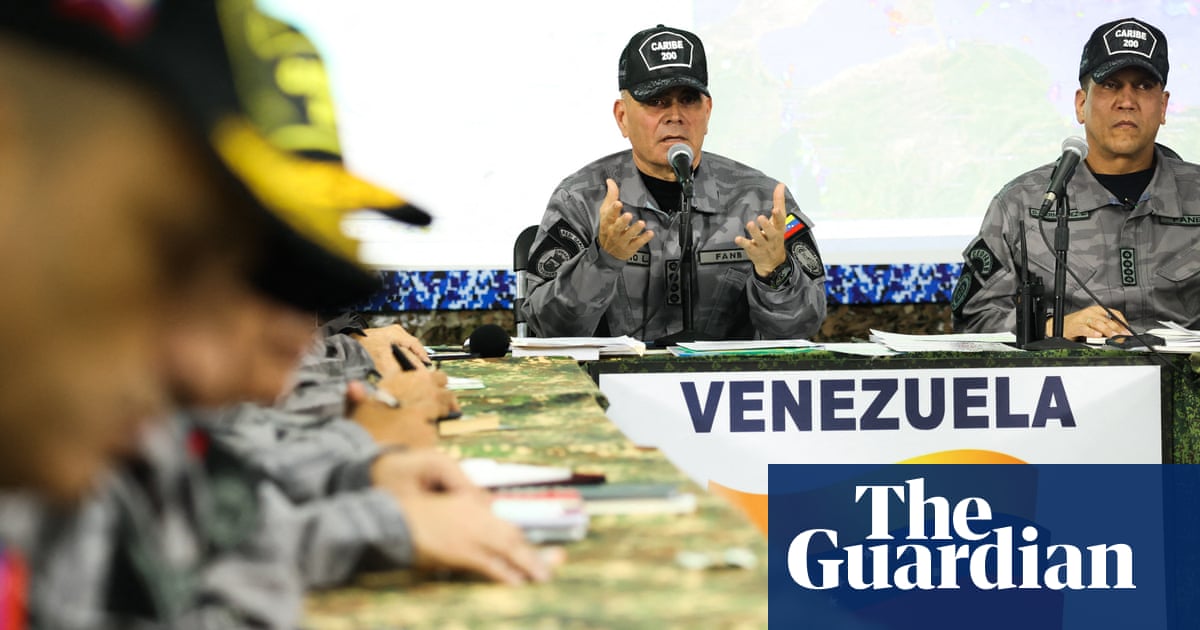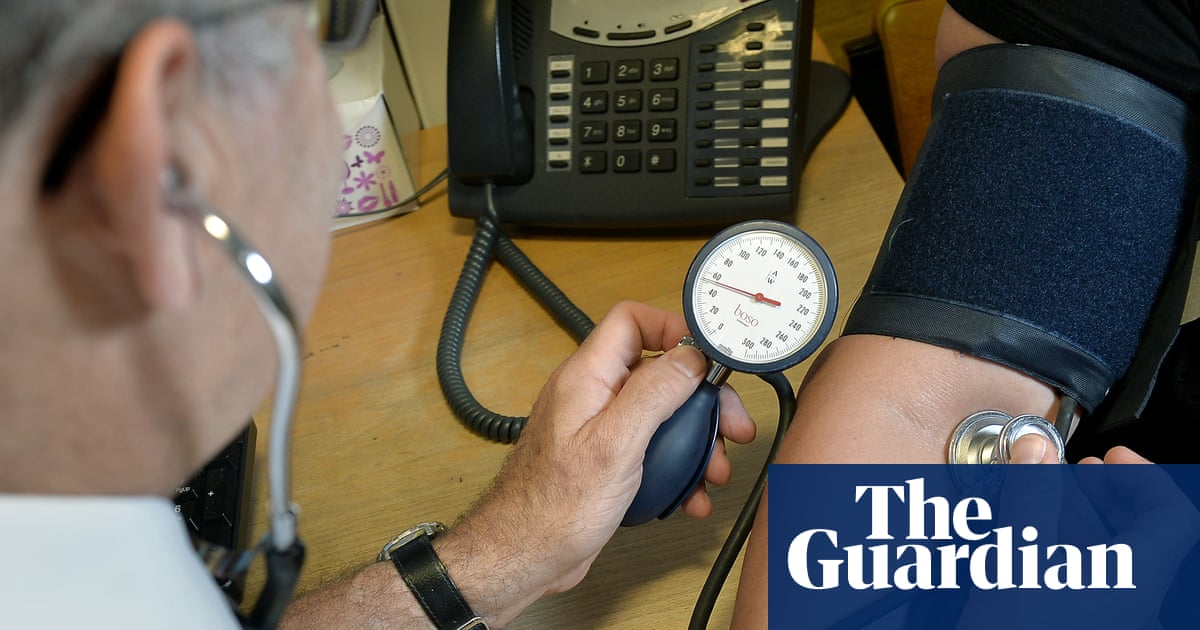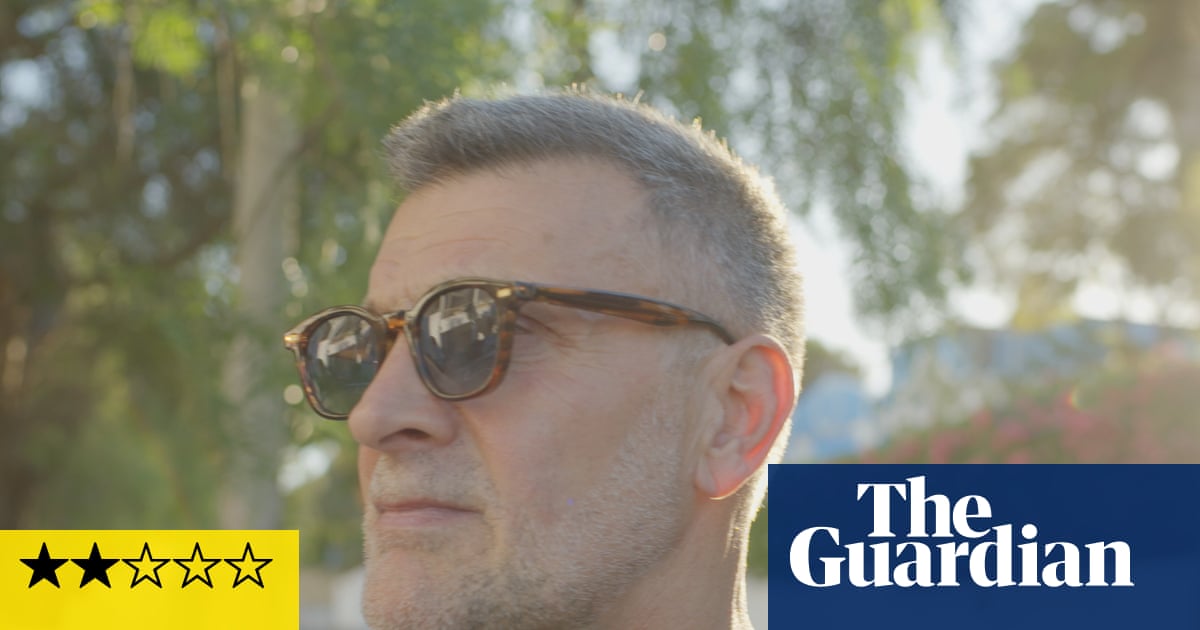The children’s commissioner has joined Kyiv in lobbying the UK government to introduce a new GCSE in Ukrainian to help child refugees cope with the “immense upheaval” of fleeing war in their country.
In December, the Guardian revealed that Ukraine was “deeply concerned” to discover many Ukrainian teenagers are being pressed into learning Russian in British schools because no GSCE in Ukrainian is available.
Since then Ukraine’s education minister, Oksen Lisovyi, has met the UK education secretary, Bridget Phillipson, to underline his government’s fear that being taught Russian is retraumatising Ukrainian teenagers who have fled Vladimir Putin’s invasion.
Vitalii, now 18, who fled to London from Ukraine in April 2022, said: “Why should I study Russian – I’m Ukrainian and I want to show it. The language is paramount for all us.”
Since the meeting with Lisovyi, Phillipson confirmed on Instagram this week that she has written to exam boards urging them to reintroduce an exam that was scrapped in 1995 owing to a lack of demand. The Department for Education (DfE) has also set up a working group to help implement the move. One of the exam boards, AQA, said it was carefully considering reintroducing the qualification. But education sector insiders are sceptical about the practicalities of the move.
It has also emerged the children’s commissioner, Rachel de Souza, has been urging the government to reintroduce a GCSE in Ukrainain.
She intervened after visiting St Mary’s, a network of 13 Ukrainian language schools in the UK, founded at the trust’s headquarters in west London.
De Souza said: “I’ve seen for myself the great work St Mary’s Ukrainian School is doing with the children who attend. It has become a sanctuary for families, helping displaced children reach their goals and aspirations in spite of the immense upheaval they’ve experienced.”
De Souza said she was encouraged by the DfE’s decision to take up the issue with exam boards. She said: “I have long called for the DfE to consider making qualifications available in Ukrainian for these children, who rightly want an opportunity to feel proud of their culture and their language, so I am really pleased to see this.
“Ukrainian children living here in the UK are the future of their country and will play a vital role in its recovery, so we must match their level of ambition and make sure they receive all the support possible to thrive in their education.”
An AQA spokesperson said: “We’ve every sympathy with Ukrainian students who, through no fault of their own, find themselves many miles from home and want to gain formal accreditation of their language.
“As an education charity, we stand ready to do what we can to support Ukrainian students. We have received a letter from the education secretary about developing a GCSE in the Ukrainian language and are considering it carefully.”
But an education industry source said: “Realistically it takes two years to develop a qualification, it takes another two years to teach it. So a GCSE is not going to help students who are currently here who have fled Ukraine.”
St Mary’s has proposed becoming a hub for both GCSE and A-level qualifications in Ukrainian.
In a letter to Phillipson, Ukraine’s ministry of education backed this suggestion. It said: “Establishing a Ukrainian GCSE centre will provide these children with opportunities to take Ukrainian GCSE and A-level exams, supporting their educational and professional goals.”
It also pointed out that demand for the qualification has soared owing to the number of children that have fled to the UK under the Homes for Ukraine scheme.
It said: “As of now, the number of potential students of Ukrainian descent interested in pursuing Ukrainian GCSE is at an all-time high: about 27,000 displaced Ukrainian children and around 7,000 diaspora children.”
It added: “Maintaining proficiency in Ukrainian is crucial for displaced children’s transition back to Ukraine, especially as many families may decide to reunite when it is safe.”
A DfE spokesperson said: “This government has set out our decisive support for our Ukrainian friends. That’s why we have, last week, asked exam boards to consider introducing a Ukrainian GCSE – giving these young people the chance to celebrate their heritage and their native language.”

 3 months ago
88
3 months ago
88
